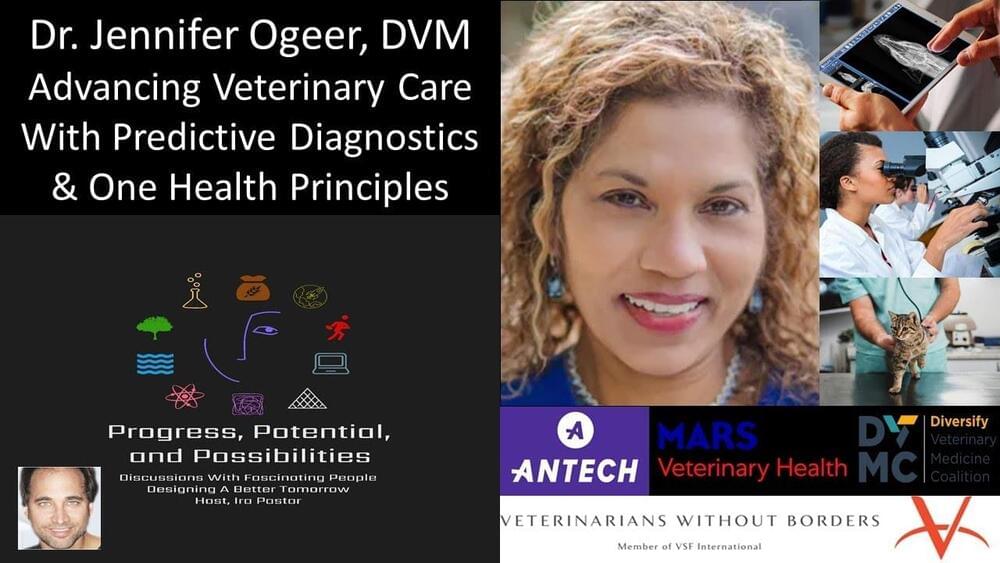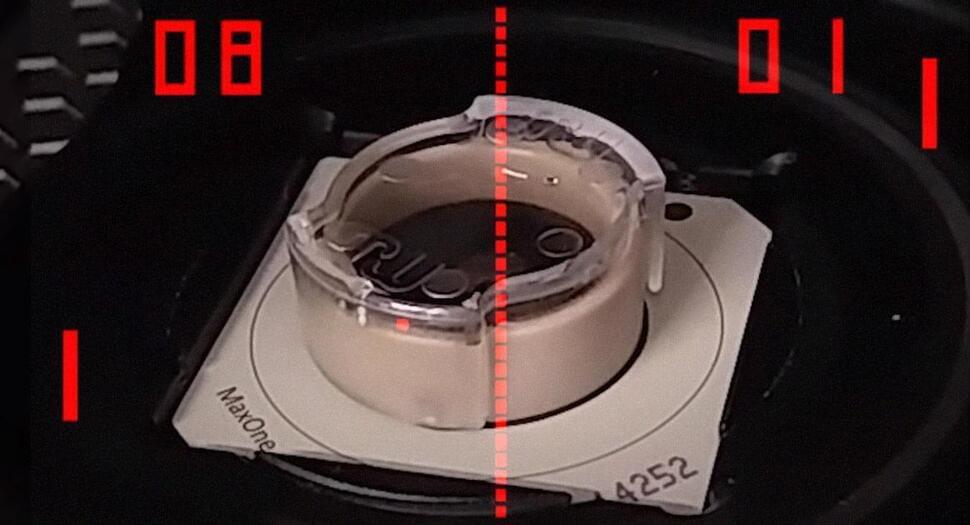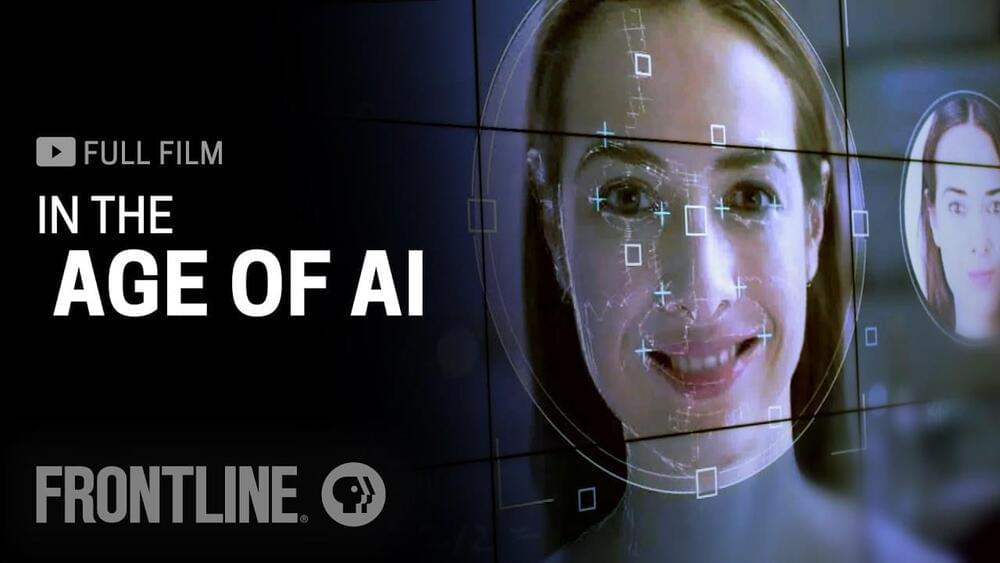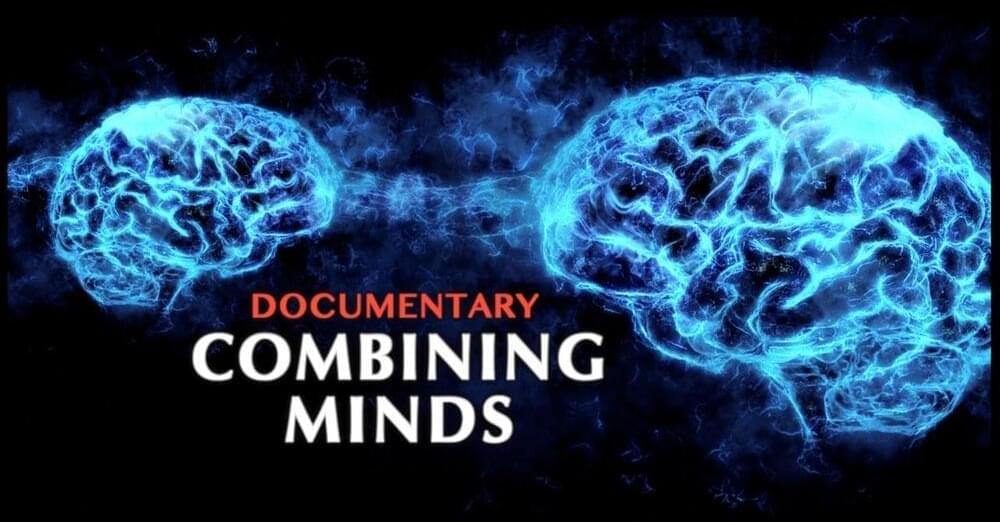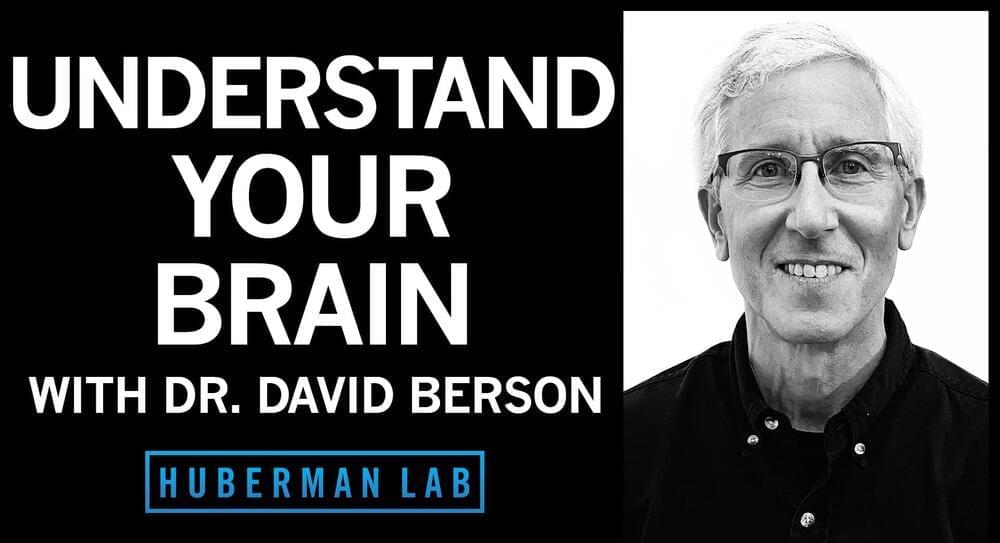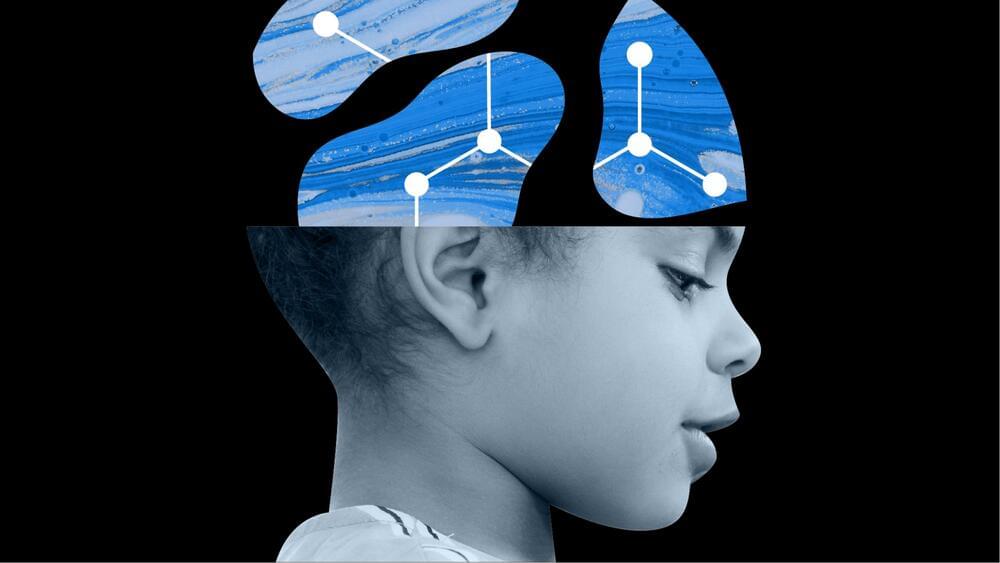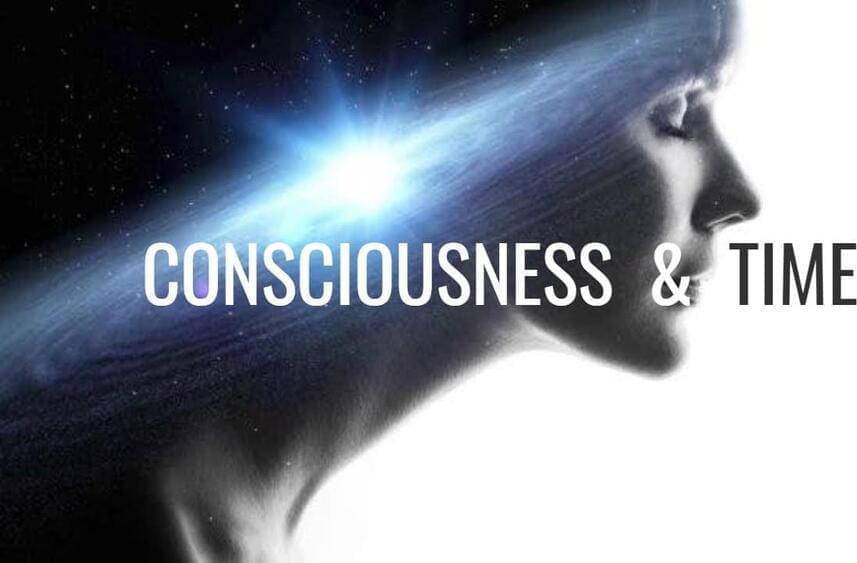Advancing Veterinary Care With Predictive Diagnostics, AI & One Health Principles — Dr. Jennifer Ogeer, DVM, Antech Diagnostics, Mars Petcare, Mars Inc.
Dr. Jennifer Ogeer, DVM, MSC, MBA is Vice President of Medical Science & Innovation at Antech Diagnostics (https://www.antechdiagnostics.com/), one of the world’s largest reference laboratory networks, and a unit of Mars Veterinary Health (https://www.marsveterinary.com/).
Dr. Ogeer is also Chair of the Board Of Directors of Veterinarians Without Borders (https://www.vetswithoutborders.ca/), an organization that works with governments, educational institutions, non-governmental organizations, local communities, farmers’ groups, and international agencies, to tackle root-cause issues affecting public health, animal health and ecosystem health in developing communities around the world.
Dr. Ogeer is also Vice-Chair of the Diversify Veterinary Medicine Coalition (https://diversifyvetmed.org/) which is working to bring greater diversity to the veterinary profession.
Dr. Ogeer is a graduate of the Ontario Veterinary College (OVC), University of Guelph, Canada. She completed an emergency medicine/critical care residency at Tufts University/Angell Memorial Animal Hospital in Boston and a Master of Science degree in Critical Care at the Ontario Veterinary College. She also has completed an Executive MBA at Western University (Canada).
Dr. Ogeer is a highly experienced residency-trained emergency and critical care veterinarian with a rich and diverse background in clinical practice, academic teaching/education, research and business management consulting.
As a former associate professor she has worked in specialty referral hospitals and several university teaching hospitals, including University of Guelph, University of Saskatchewan and Texas A&M University.
Dr. Ogeer is an active member of the veterinary community, and has published various articles in peer-reviewed journals and conducted research on hospital-acquired infections and developed protocols for infectious disease outbreak management and prevention.
